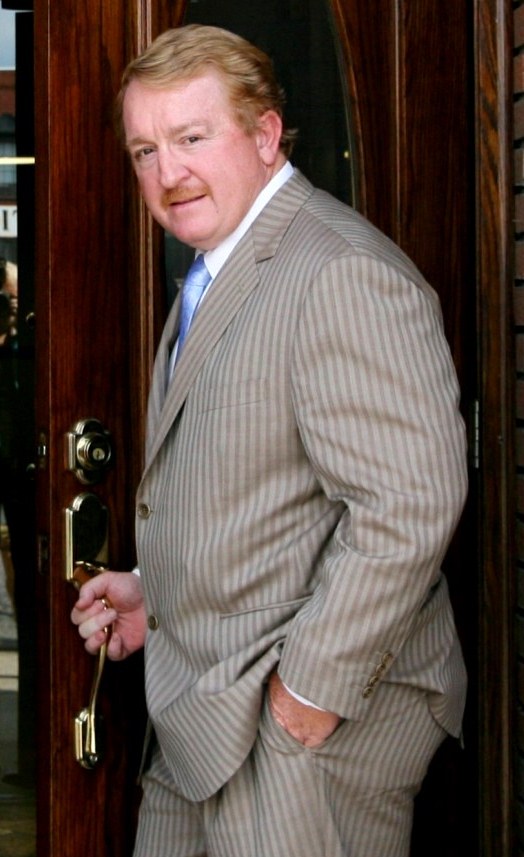
A great number of the criminal cases I handle are for younger people. While these younger clients are most often between 18-21, it is becoming more common to see youths under 18 charged with serious crimes. I have often criticized the philosophy that young people in our society are considered too immature to make their own decisions, yet our legal system wants to hold them fully responsible when their actions break the law.
As an example, society has deemed that people under the age of 21 are to immature to make appropriate decisions on the use of alcohol, yet if they are provided alcohol by another person or business, the young person is held fully accountable for crimes such as DUI, vehicular assault, or even vehicular homicide. The Supreme Court has delved into the often unbelievably harsh treatment some states have imposed on people that our society, outside of the criminal justice system, considers to be children.
On June 25, 2012, the United States Supreme Court found it unconstitutional to place a mandatory life-without-parole sentence on a child who was under the age of 18 at the time of the crime. The ruling granted new sentencing hearings to two children, both of whom were automatically sentenced to life in prison without parole for crimes they committed at the age of 14.
The Court held that imposing mandatory life-without-parole sentences on children imposed a state’s most severe penalties on juvenile offenders, as though they were adults and not children. Therefore, regardless of the crime committed, child status matters.
Justice Kagan said that sentencing should include consideration of a child’s chronological age and its hallmark features, such as immaturity, impetuosity and failure to appreciate risks and consequences as well as the family and home environment — from which the youth cannot usually extricate him or herself, even if it is brutal or dysfunctional.
The Court also was clear that discretionary life without parole sentences should be rare. Justice Kagan wrote, “Given all that we have said in Roper, Graham, and this decision about children’s diminished culpability, and heightened capacity for change, we think appropriate occasions for sentencing juveniles to this harshest possible penalty will be uncommon.”
While it is far more common for the young people we represent to be charged with lesser crimes of possession of drugs , DUI, assault and harassment, the same principles of childhood, immaturity, difficult home life, and split families all are appropriate considerations on the level of punishment or second opportunities for children to avoid a lifetime of sanctions for a crime of youth.
For the best criminal defense possible, please give me a call to discuss your young person and their criminal charges – to give them a chance to protect their future.
In Defense of the Citizen Accused,
Frank Lannom

